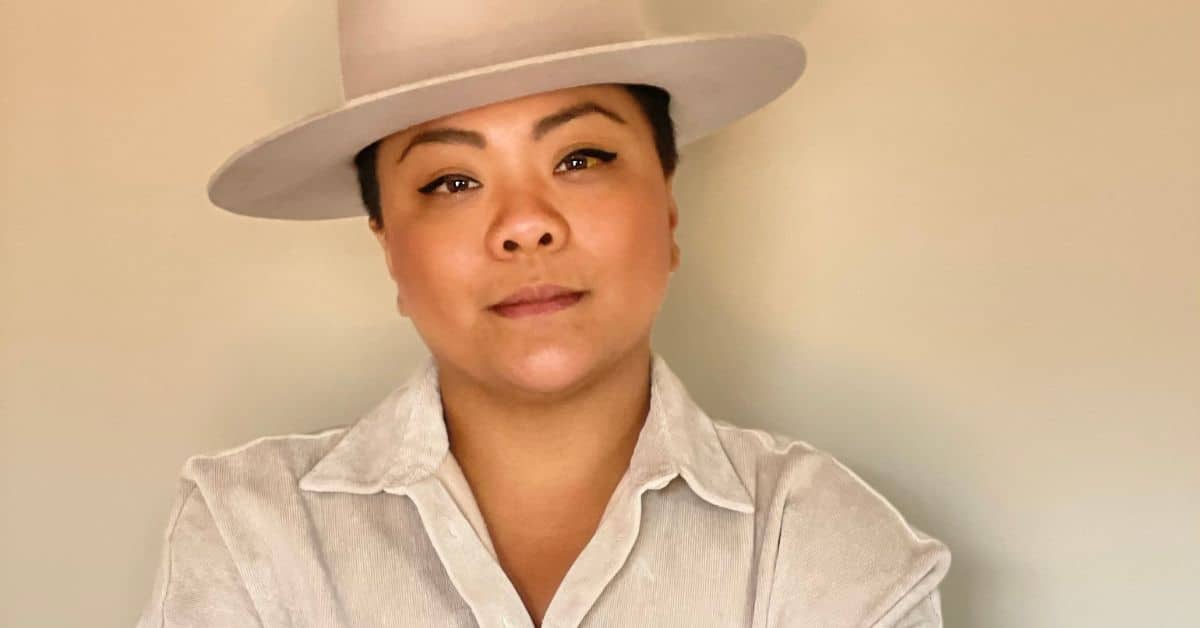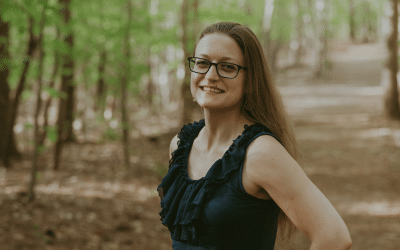Wilhelmina De Castro, LCSW
PRATI is honored to have Wilhelmina De Castro, LCSW as the coordinator of our KAP Training Scholarship Program. She is also Co-Faculty for the KAP Training program. She is deeply committed to diversifying the psychedelic space and uplifting the voices, talents, and work of the BIPOC community. In this faculty spotlight, we celebrate her work to support PRATI’s mission and her contributions to the larger psychedelics community.
About Wilhelmina
Wilhelmina is trained in KAP (Ketamine Assisted Psychotherapy) through PRATI (Psychedelic Research and Training Institute) and MDMA Assisted Psychotherapy through MAPS (Multidisciplinary Association of Psychedelic Studies). She has conducted research and published in the areas of global human trafficking and trauma-informed case management and teaches Master’s level courses in Psychology, Human Behavior, and Social Innovation.
Wilhelmina provides a safe space for people to explore the root of their pain, the situations that perpetuate their challenges, and solutions that will help them achieve their ultimate goals. Wilhelmina has worked with hundreds of people in California and all over the world in meeting their therapeutic goals. Her work specializes in the areas of anxiety, depression, trauma, and life transitions. She has significant experience in working with womxn, the LGBTQIIA+ community, and poly/non-monogamous people.
Tell us a little about your psychotherapy practice and your vision for the world.
My psychotherapy practice has evolved over time. When I first began, the name of my practice was “INSIGHT.” Now it’s called “INTEGRATE.” My psychotherapy practice reflects that evolution. It is a space to safely connect to your insights and integrate those insights into your life. My practice primarily, but not exclusively, serves BIPOC and LGBTQIIA+ folx.
Through talk therapy, sacred circles, and medicine work, I create a deep invitation for one to return to the essence of themselves and to CELEBRATE that. I believe an individual’s healing directly impacts the healing of the collective. If we truly tend to our wounds, scars, and traumas and can reconstitute ourselves in a renewed way, then we can be better and more whole for the collective.
(Learn more about INTEGRATE here!)
What do you appreciate most about using KAP as a modality with your clients?
Talk therapy can be powerful, but has its limitations. It is cognitively heavy and can be difficult to pierce through the threshold of patterning and socialization. What I appreciate the most about using KAP is the ability for my clients to reach further into the landscape of their minds and hearts to access the healing. Experiencing this firsthand has made me feel more connected and inspired on my path.
Integrating KAP into my practice, I am able to challenge the notion that we must “take our entire lifetime to heal.” With the right clients, there is an opportunity to accelerate the healing process. KAP is not solely focused on the mitigation of symptoms. Instead, it promotes the partnership of medicine + therapy as a golden opportunity for deep work.
What is one piece of advice you would offer for a provider interested in starting to practice KAP?
I would recommend sitting with and being in a relationship with a medicine yourself. There is a deep connection with the medicine that happens experientially that words often fall short in explaining. I’ve found that being in relationship with the medicine not only builds deeper trust with my clients, but also facilitates the awakening of my own inner healing intelligence.




